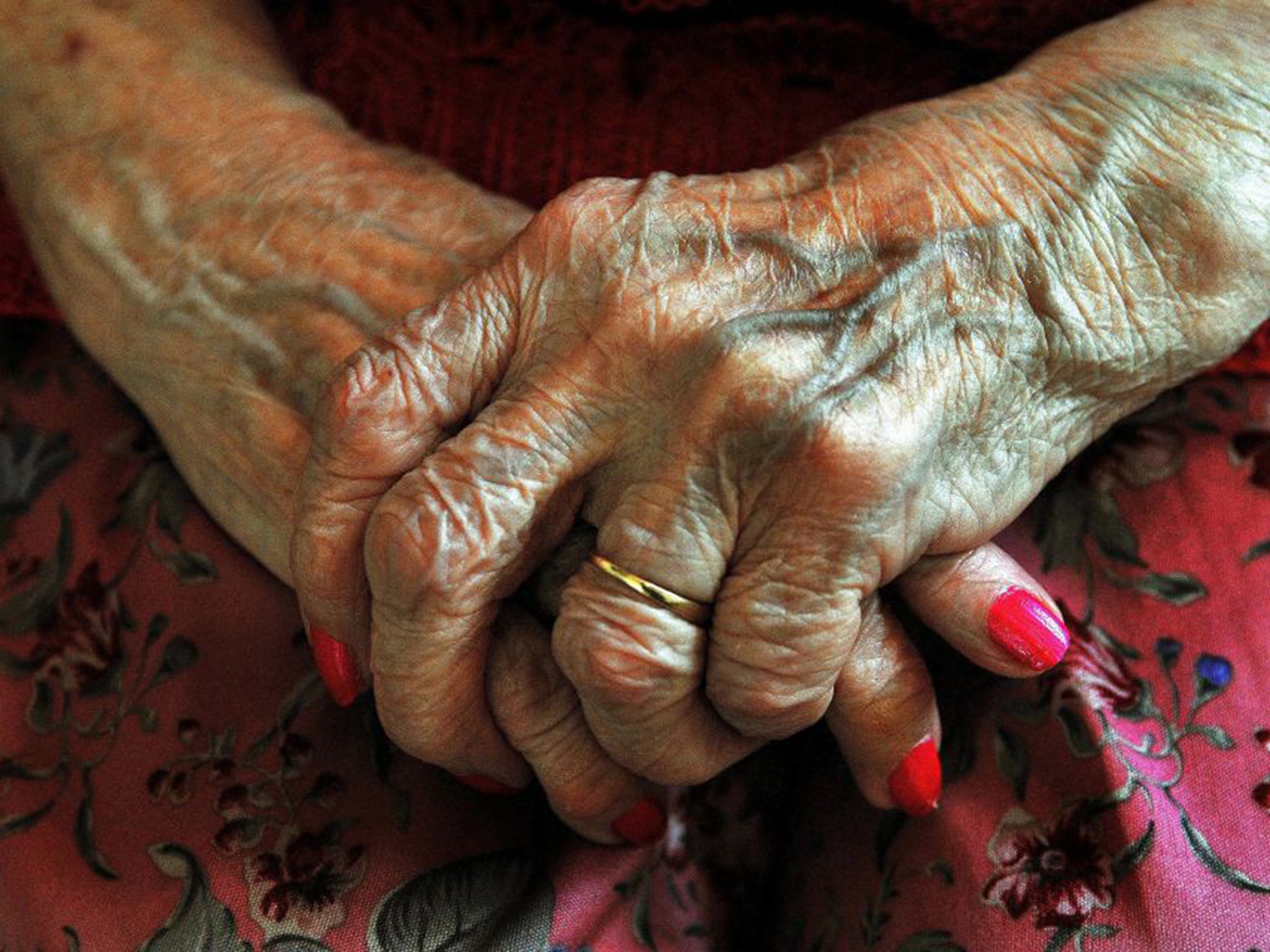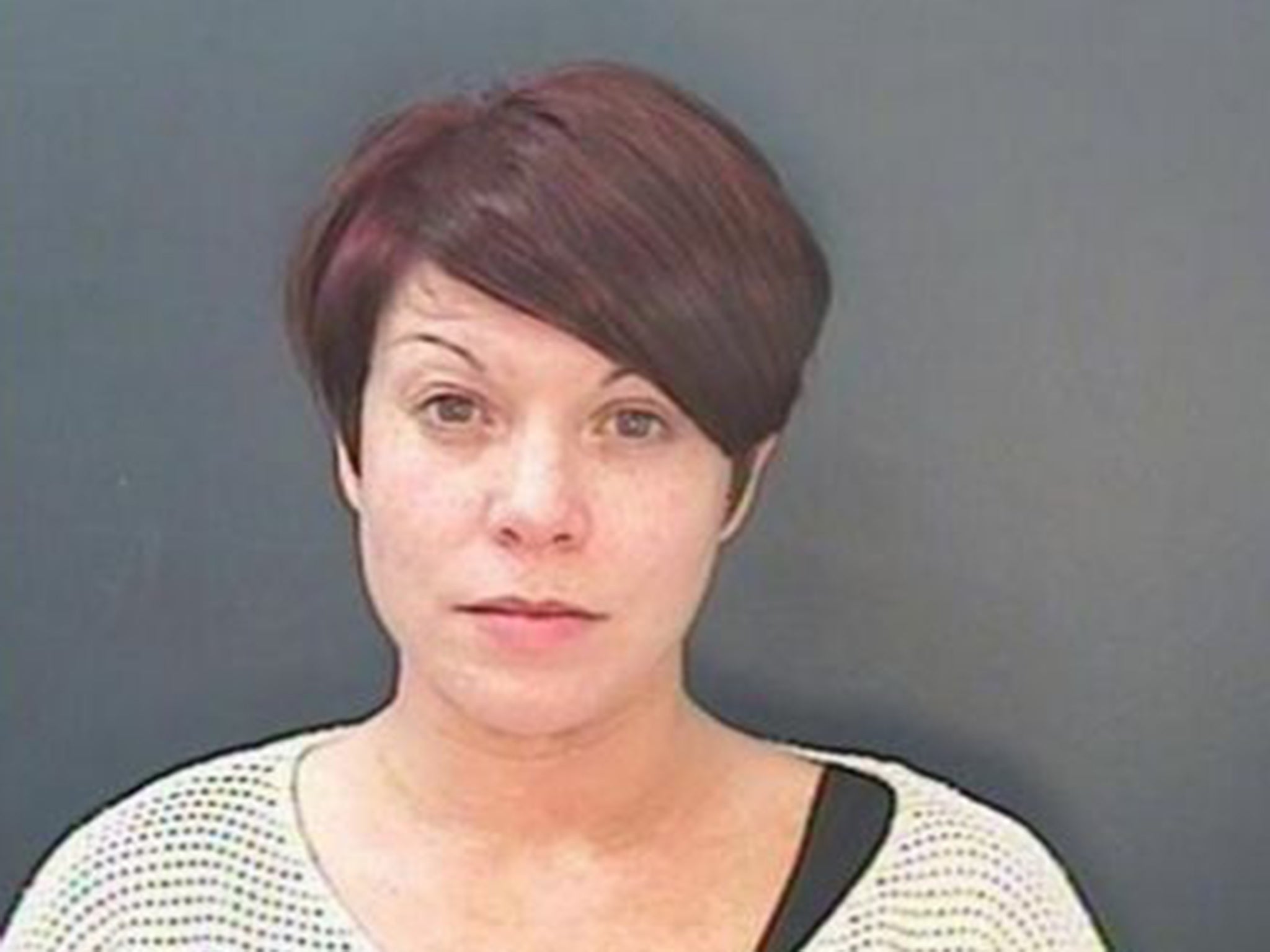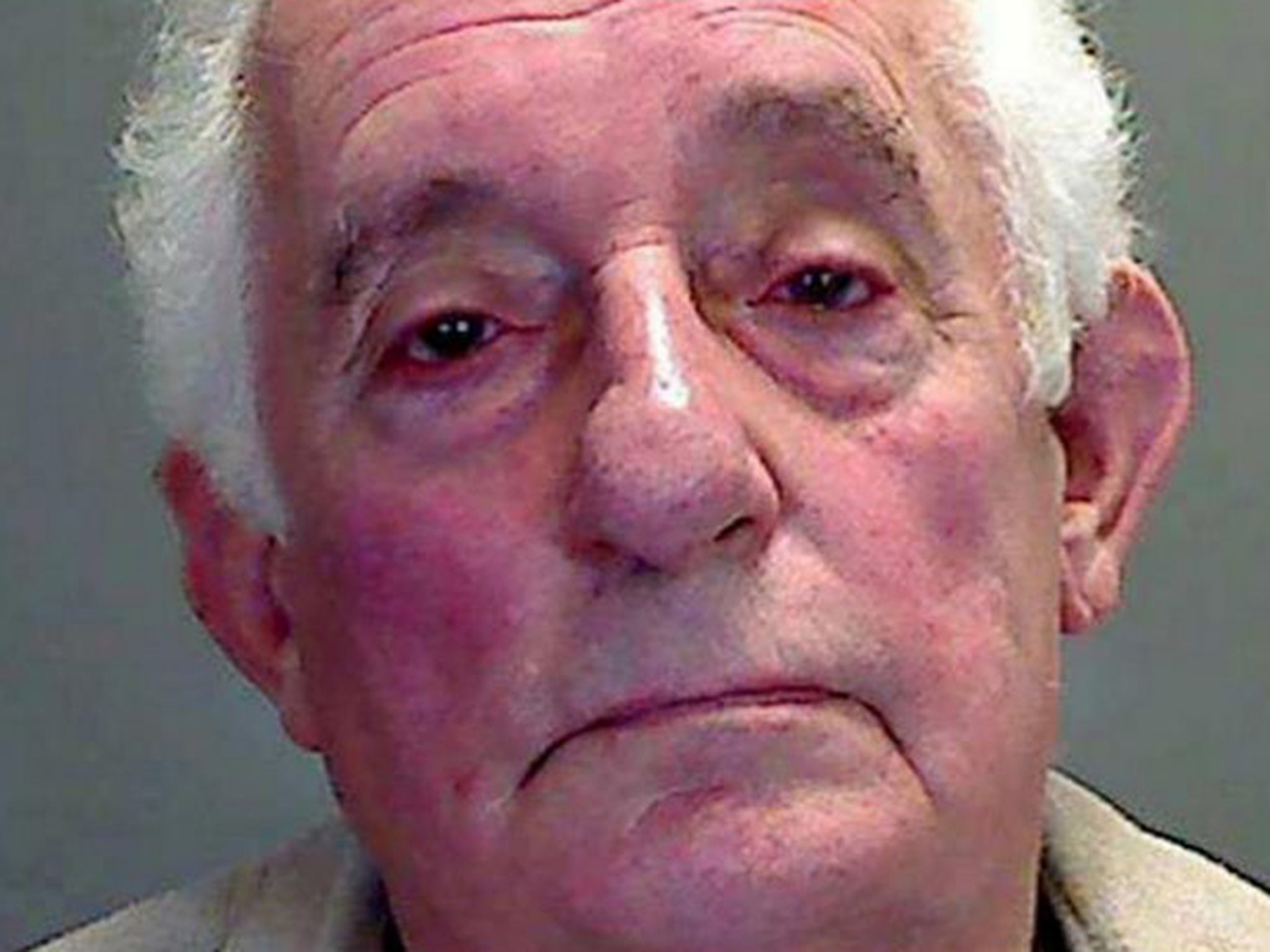Elderly being robbed of millions each year by their own families, says new research
A new crime of elder abuse would tackle huge rise in theft of money and property, says charity

Elderly people are robbed of cash and assets worth more than £78m each year, and in most cases the culprits are members of their own family, according to new research by Action on Elder Abuse (AEA).
The money is obtained through theft, threats or trickery, and the scale of the problem warrants the creation of a new crime of “elder abuse”, campaigners say.
There has been a fourfold increase in calls to the AEA’s helpline over the past two years, from 5,722 in 2012-13 to 21,267 in 2014-15.
While thousands of people report cases of neglect and verbal, physical and psychological attacks, the single biggest type of abuse reported is financial. These cases involve the theft of money or assets, or elderly people being persuaded to part with money and in some cases their homes.
Reports of financial abuse logged by AEA have rocketed more than tenfold, from 680 calls in 2012-13 to 7,529 calls in 2014-15.

According to the charity, £18.9m was reported as stolen, defrauded or coerced from victims last year, while 146 houses, worth more than £25m in total, were sold or taken without consent. Another 196 houses, worth more than £34m, were given away under duress or as a result of the frailty of the victim. The overall scale of loss, estimated at £78m, is more than three times the £24.7m reported in 2013-14.
Tactics used by relatives range from simple bullying and coercion to persuading victims to give them Power of Attorney to handle their affairs – and thereby gaining control of their money.
The majority of victims are women over 80. They have often outlived their partners and come from a generation not used to dealing with their own finances, according to the AEA.
The majority of perpetrators are sons and daughters or other relatives. Rising house prices have left some older people asset-rich, acting as a temptation to relatives, campaigners say.
The cases reported to AEA in the past two years include that of a son who stole almost £80,000 from his father over six years. In another case, a daughter conned her father out of £100,000. A woman who sold her house to her grandson on the understanding that she could stay there for life was forced to leave and ended up homeless.
In recognition of the scale of the problem, the charity was awarded a grant of more than £2m from the Big Lottery Fund earlier this year. AEA’s chief executive, Gary Fitzgerald, said: “There are far more substantial pieces of legislation to protect children and animals than there are for older people.
“The real issue at the heart of elder abuse is that it’s families and friends hurting old people, and that’s the intolerable message the Government doesn’t want to deal with.”
The surge in cases where people had suffered financial loss was partly a reflection of an ageing society with a greater number of people who were vulnerable, Mr Fitzgerald said. Another problem was that of grooming, where perpetrators befriend an elderly person before going on to steal from them.
Recent years have seen “a greater tolerance of the abuse of older people before statutory agencies will intervene” due to reduced resources, he said.
“There needs to be a criminal charge of elder abuse. That does not exist at the moment.”

Several court cases in the past few months have highlighted the problem. Katie Gosley-Shaw, 38, was jailed for four years at Leeds Crown Court in January after being found guilty of stealing her 89-year-old grandmother Ruth Gosley’s £140,000 life savings.
Brian Matthews, 75, was given a two-year suspended sentence in February after being convicted at Snaresbrook Crown Court of fraud and neglect of his 96-year-old mother Winifred. His mother did not have heating, hot water, electric lighting or a working toilet. Matthews, who held power of attorney, put £18,000 of her pension into his own bank account.
Caroline Abrahams, the charity director at Age UK, said: “We fear that there are still many cases that are not reported, and we would encourage anyone who suspects that an older person is being exploited to contact their social services department or the police straight away.”
The minister for policing, crime, criminal justice and victims, Mike Penning, said: “Criminal acts are illegal, whether they are committed by a family member or a stranger.
“If the victim is particularly vulnerable, including through age or illness, it can be considered an aggravating factor by the courts.”
Join our commenting forum
Join thought-provoking conversations, follow other Independent readers and see their replies
Comments